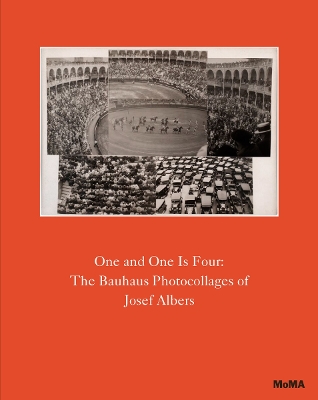Josef Albers is widely recognized as a crucial figure in 20th-century art, both as an independent practitioner and as a teacher at the Bauhaus, Black Mountain College and Yale University. Albers made paintings, drawings and prints and designed furniture and typography. Arguably the least familiar aspect of his extraordinary career was his inventive engagement with photography, only widely known after his death, including his production of approximately 70 photocollages that feature photographs he made at the Bauhaus between 1928 and 1932. These works anticipate concerns that he would pursue throughout his career--the effects of adjacency, the exploration of color through white, black and gray, and the delicate balance between handcraft and industrial and mechanical form. Albers's photographs were first shown at MoMA in a modest exhibition in 1987, when the Museum acquired two photocollages. In 2015 the Museum acquired ten additional photocollages, making its collection the most substantial anywhere outside the Albers Foundation. This publication reproduces each of the photocollages Albers made at the Bauhaus, presenting the scope of this achievement for the first time. An introductory essay by Sarah Hermanson Meister situates them within the contexts of modernist photography, the Bauhaus ethos and of Albers's own practice--David Zwirner Books (viewed on November 11, 2016)
- ISBN13 9781633450172
- Publish Date 20 October 2016
- Publish Status Active
- Publish Country US
- Imprint Museum of Modern Art
- Format Hardcover
- Pages 140
- Language English
